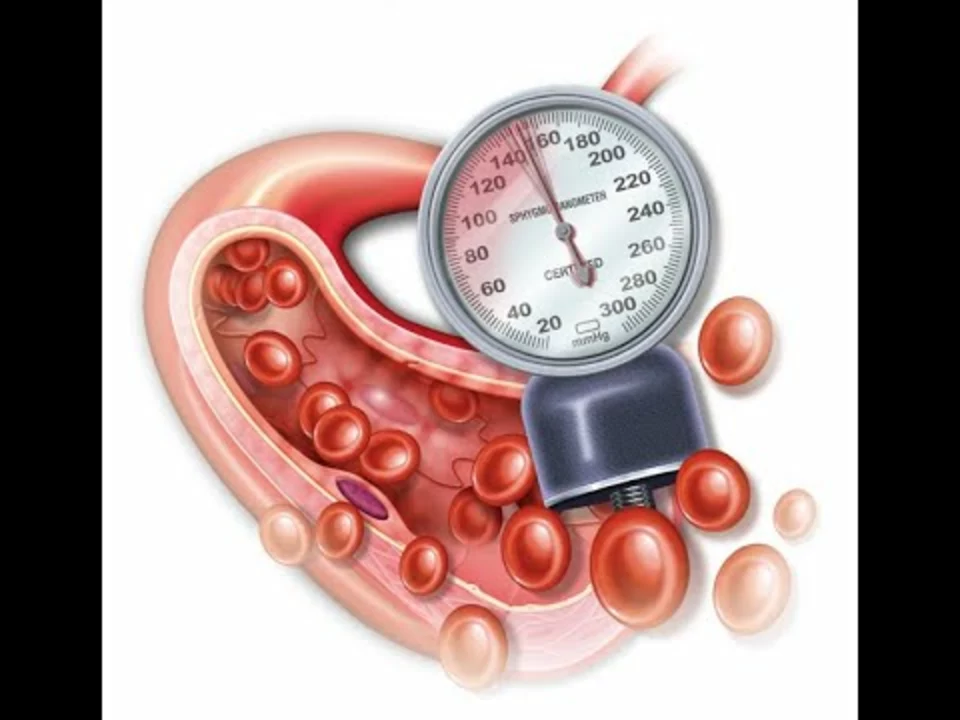Medications: Practical Guides, Safety Tips, and How to Choose
Welcome to our medications tag — a hub for clear, useful guides on pills, prescriptions, supplements, and online pharmacies. You’ll find practical articles that explain how drugs work, common side effects, safer alternatives, and smart ways to buy medicine online. We cover antifungals like Lamisil, heartburn options from ranitidine to PPIs, diabetes advances such as SGLT2 and GLP-1 drugs, and mental health meds including fluoxetine and venlafaxine alternatives. Each post aims to give plain facts you can use when talking with your doctor.
When reading about any drug, start by checking the active ingredient and the condition it treats. That tells you whether two drug names are really the same or work differently. Look for typical doses, common side effects, and key drug interactions so you know what to watch for at home. If a post mentions recalls or contamination issues, take note — those updates often change what doctors recommend.
How to compare options
Put side effects, effectiveness, and personal health risks on a simple list. For example, compare H2 blockers and PPIs by asking whether you need fast relief or long-term acid control, and whether you have kidney or bone risk factors. For antidepressants, weight changes, sleep effects, and sexual side effects are common deciding points. If you have symptoms that match descriptions in our articles, print the page and bring it to your appointment to make the conversation quicker and clearer.
Buying meds online safely
If you plan to buy from an online pharmacy, check three things: a verifiable business address and phone, licensed pharmacists available for questions, and clear prescription policies. Avoid sites that sell controlled drugs without a prescription or that promise miracle cures at tiny prices. Read recent user reviews and search for regulatory warnings. When in doubt, ask your local pharmacist to review what you ordered before you take it.
We also cover natural and lifestyle alternatives that may help reduce medication needs for some people. Articles on anti-inflammatory diets, supplements like quercetin, and exercise routines show how small changes can ease symptoms or support drug therapy. But remember: natural does not always mean safe with other medicines, so check interactions.
Use the tag list to jump to topics: recalls, dosing guides, alternative therapies, online pharmacy reviews, and condition-specific treatments. If you’re tracking a specific drug, use the search box to find all posts mentioning that name. Our goal is to help you make safer, clearer choices about medications without medical jargon or hype.
Know when to stop and call a clinician. Seek care fast for signs like high fever, worsening breathing, sudden rash, swelling, severe stomach pain, or black stools. Keep a drug list with doses, start dates, and any side effects you notice; this makes clinic visits faster and safer. Report serious reactions to your prescriber and to your country’s medicine regulator — these reports help protect other patients. If you want regular updates, sign up for alerts on recall news and new treatment guides.
Top 8 Alternatives to Canada Drugs Direct in 2024

This article explores eight notable alternatives to canadadrugsdirect.com, providing insights into their offerings, pros and cons. It highlights each platform's unique features, such as pricing, user interface, and certifications. These alternatives offer a mix of price advantage, convenience, and variety in medications, helping consumers make informed decisions. The goal is to find secure and affordable pharmaceutical options from certified online sources. A summary table concludes the article to assist in quick comparison.
- October 31 2024
- Tony Newman
- 17 Comments
Hypertension Treatment: A Guide to Medications and Their Side Effects

In my latest blog post, I've explored the various medications available for hypertension treatment and their potential side effects. I've learned that it's crucial to find the right medication for each individual, as one size doesn't fit all when it comes to managing high blood pressure. Some common medications include diuretics, beta-blockers, and ACE inhibitors, each with its own set of possible side effects. I also delved into the importance of discussing these side effects with your doctor, as they can help adjust the dosage or switch to a different medication if needed. Overall, understanding the options and being proactive about your treatment plan can make all the difference in managing hypertension effectively.
- May 20 2023
- Tony Newman
- 13 Comments
